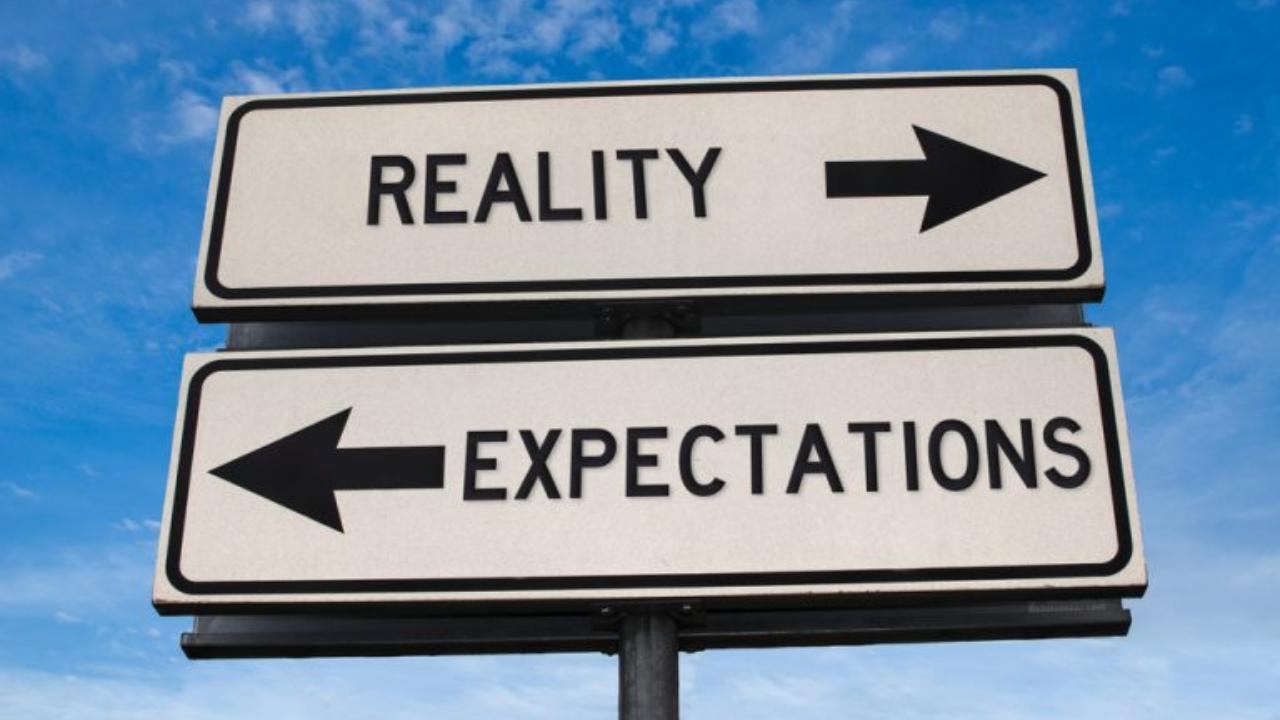Where Do Our Expectations And Beliefs About Relationships Come From?

Do you ever wonder why you view yourself, your partner, your interactions, or your relationship the way you do? Why do other people have different viewpoints of relationships from ours? Most importantly, why is our partner so different from us? This is the relationship that we feel the differences so acutely. Both partners do as we navigate them daily, yearly, and even across decades.
Sometimes we can deal with our differences kindly. Sometimes respectfully. And sometimes these differences scare the pants off us, and we can’t believe we are dealing with someone who thinks or behaves in that way. We can completely blindside or shock each other because our behaviour or our perspectives feel too far apart.
Wouldn’t life be so much easier if our partner shared similar perspectives and opinions on relationships to us? Wouldn’t it be easier if we both behaved exactly the same way according to a shared relational template? Or even better, if our partner behaved entirely in accordance with our relational template.
What Is A Relational Template?
We all have our own unique relational template that was created in childhood through our interactions with parents or caregivers. Through our thousands and thousands of interactions with them, our ideas and expectations of relationships were shaped. This includes our beliefs and values, expectations of ourselves and our partner, what needs a firm boundary and what doesn’t matter to us. In our template we hold expectations of how our partner should communicate and behave in our committed relationship.
Our relational template holds information about relationships that was encoded decades ago. Essentially this was encoded through the thousands of small interactions we had with parents. Some of these were enjoyable. Others were about them showing up or holding us when we needed it. We may also have encoded their absences or missing them too much or feeling we couldn’t get their attention sufficiently to feel secure. We’ve encoded our parents’ rules and expectations, and their relational reactions and behaviour. We’ve encoded whether they apologised when they frightened us or were too stern helping us feel safer with them again, or when they didn’t.
These experiences are encoded in the template in our mind and body. Some of the contents of the template we know about consciously and can speak about. For example, “It’s important to kiss goodbye to each other when we leave the house” or “It’s important to support each other when we are hurt or sad, and this was because my dad put band-aids on my knees when I’d fall over and kiss them better.” Other parts are held unconsciously, where we have no awareness of them at all.
It’s easy to know how we think consciously about relationships and our expectations or rules we want to live by. However, if you want to have access to what’s held unconsciously in your relational template reflect on how you react when your partner treats you in a way that causes you to panic, feel upset, betrayed, or unsafe. Do you respond calmly “Please don’t talk to me with that tone” or are you triggered into fight or flight mode? Do you lose it or attack back or do you get away from them as if they are a danger to you?
Our past relationships with our parents or caregivers will always be different from our partner. We will have encoded different relational information. Neither of us has the ‘right template’, and neither has the ‘wrong template’. Some templates are healthier than others though.
We may share some beliefs, values or expectations with our partner, however our templates will never fully align. Some of these differences are ok for us. And some won’t be, and this will cause us to fight. What’s critical for all couples is how healthily or unhealthily they navigate the many differences between their relational templates.
Ready to transform your relationship by understanding the roots of your differences? Dive into our online program, "Fight Less, Love More" and decode the unique relational templates that shape your views and reactions. It's time to water your relationship with insights and strategies, sign up for "Fight Less, Love More" now!
Image source: Shutterstock (1655125261)


